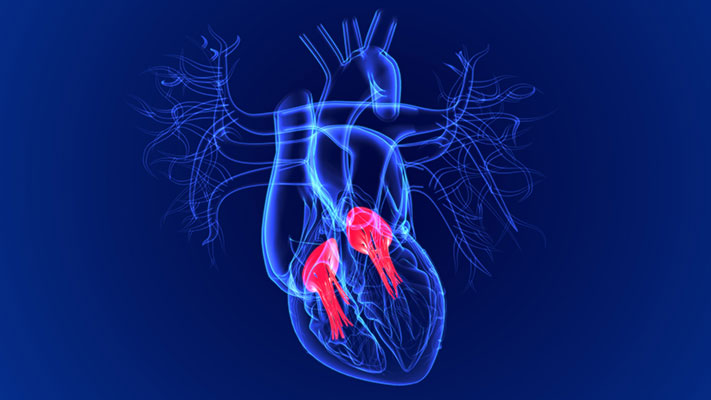Your assigned cardiologist and his nurse will meet with you by video to review your second opinion results. He will answer your questions. If surgery is needed, and you are considering surgery in the United States, be sure to let him know.
Read below to gain a detailed understanding of the surgery process.
Abstract
Heart valve surgery is performed to repair or replace one or more of the heart’s valves that are not functioning properly. The most common types of valve surgeries are for the aortic, mitral, tricuspid, and pulmonary valves.
Types of Heart Valve Surgeries
Pre-Surgery Activities
Post-Surgery Activities
Understanding the specifics of your particular heart valve surgery, including potential risks and expected outcomes, is crucial. Always consult with your healthcare provider for personalized advice and instructions tailored to your condition.

Please be aware that the services offered on this platform are with U.S. physicians via a virtual 2nd opinion service. Diagnosis may differ when the physician has had the opportunity to provide an in-person examination. The absence of the in-person examinations can affect the accuracy of the diagnosis and resulting opinion. Please also be aware that a virtual 2nd opinion will not establish a provider-patient relationship. The provide patient relationship can only be established when the patient signs a consent to treatment form in the physician’s physical clinic location in the United States.